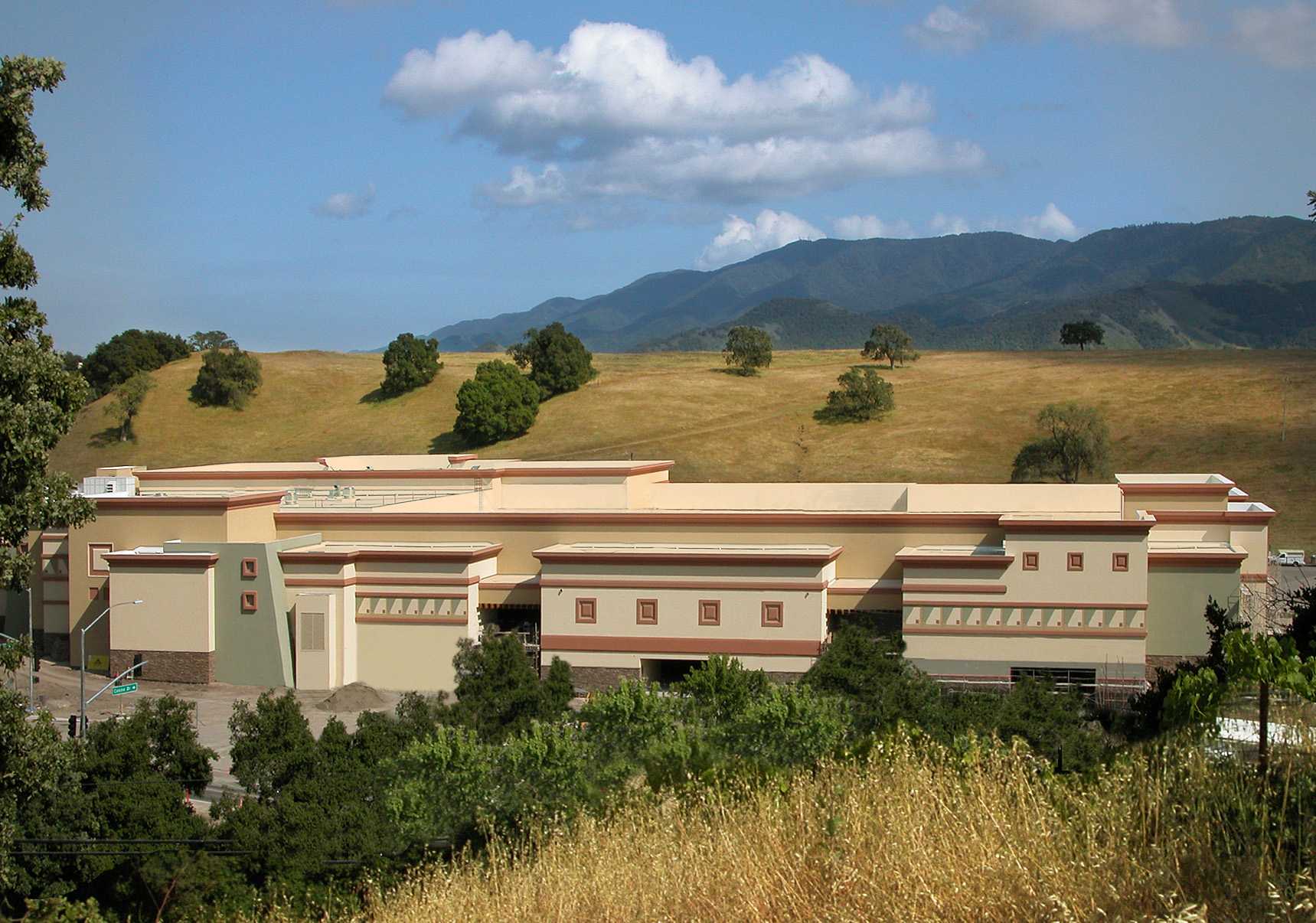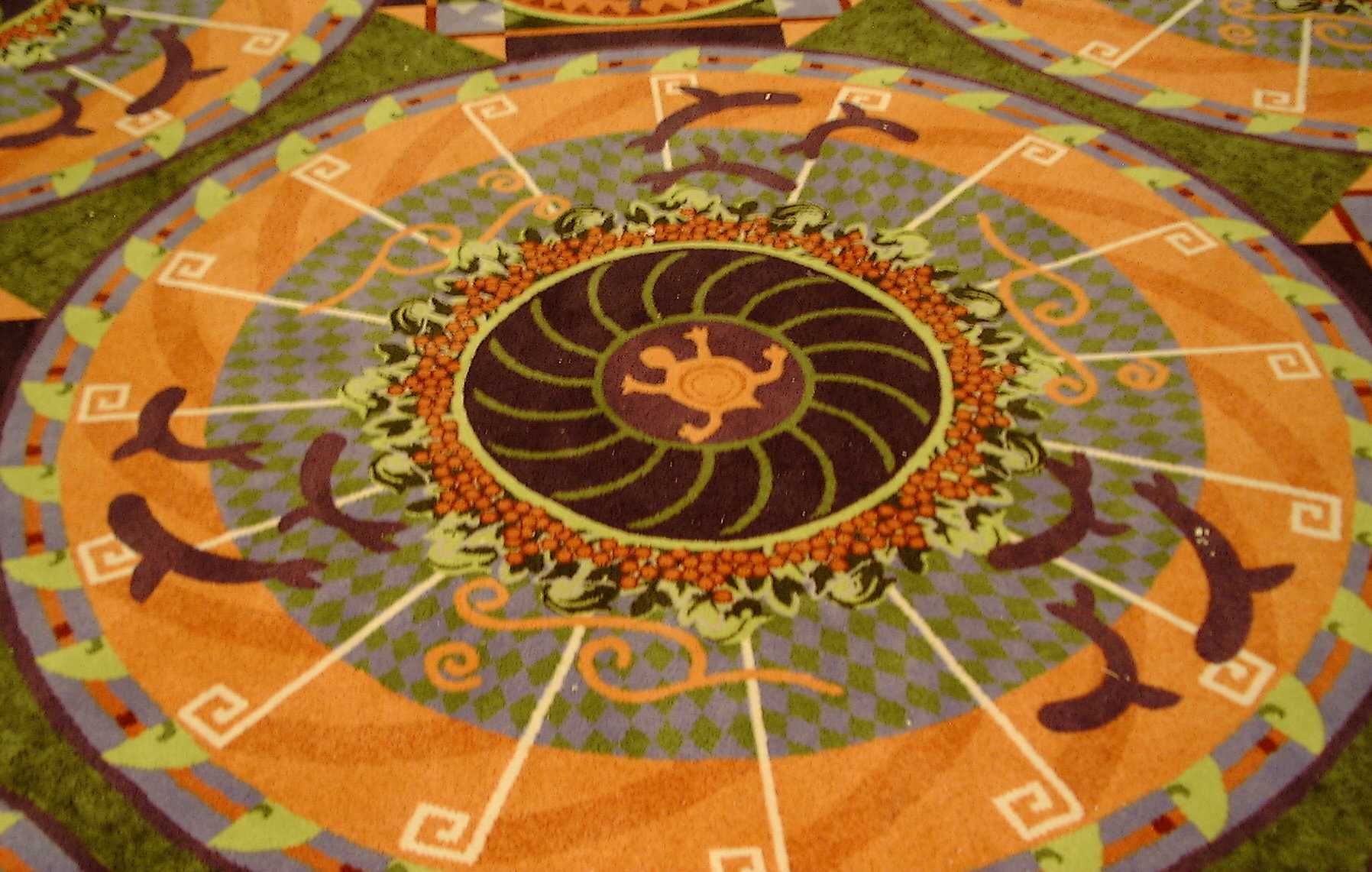 Another Stereotype of the Month entry:
Another Stereotype of the Month entry:
 Another Stereotype of the Month entry:
Another Stereotype of the Month entry:
From the Oregonian:
Guest Commentary
Arnold Buchman: Indian casinos and 'the paint on the pig'
01/26/04
ARNOLD BUCHMAN
A casino tribe tempts Portland with visions of economic windfalls if only it will permit an Indian gambling facility. Portland has the ability to say no. Much of the country, awakening to the downside realities of casino gambling, is doing just that. Last year, gambling expansion was defeated 42 times in 45 attempts. That was a strong backlash to the spread of gambling in a year when states were suffering their worst fiscal crisis in a decade.
In Portland, where the downtown economy is looking for a boost, the enticement is stadium funding or a convention hotel. In the small town of Florence, where people are looking for jobs, the tribe-Las Vegas developer team is pitching the expanded employment a casino supposedly brings. Stadium or jobs, these people are sugar-coating their gambling projects with illusory promises. It's called "painting the pig." But, when people understand the downsides of a casino operating 24 hours a day, seven days a week, in a small town or an urban neighborhood, the paint wears thin. Domination of the local economy, undermining of the quality of life and destabilization of the community's ability to manage its growth and development show through. Especially in a small town, equating gambling expansion to employment expansion simply is Loony Tunes logic. Even in the unlikely event a casino brings a net increase in McJobs with their questionable benefits, they are outweighed by the serious community costs associated with casinos whether it's the disadvantage suffered by local businesses competing with tax-free casino enterprises, job contraction resulting from those disadvantages, real estate coming off the tax roles, land use unregulated by zoning and use restrictions, uncompensated municipal service burdens, higher social services costs, domestic violence, child abuse, suicide, homelessness and so on.
It is tobacco logic, the same argument that says the potential benefits of increased cigarette tax revenues outweigh the added health care costs that increased cigarette sales would bring. Like cigarette taxes, the burden imposed by a casino undermines the community's health at the same time it is taking away from the pool of disposable dollars that can be spent elsewhere in the community. These are not dollars that are new to the community. Study after study establishes the vast majority of people gambling at non-destination casinos are working families and senior citizens who live within 50 miles. Last month, in the State of Maine, the business community, the medical community, the state's district attorneys and attorney general, the statewide media, the environmental community, the religious community and a dozen other constituencies all joined in opposing an Indian gambling casino.
The people of Maine voted almost 2-to-1 to defeat an enabling referendum despite being outspent 2-to-1 by the tribe's Las Vegas backers. Folks in Maine could see through the paint on the pig. If our elected officials could see through the political contributions generated by the casino tribes, they might stop kowtowing to these Las Vegas-based "sovereignties" and act instead to responsibly mitigate the legitimate concerns of sovereign Oregonians.
Arnold Buchman of Florence represents a community group opposing development of a casino there by the Confederated Tribes of Coos, Lower Umpqua and Siuslaw Indians.

Rob's reply
>> But, when people understand the downsides of a casino operating 24 hours a day, seven days a week, in a small town or an urban neighborhood, the paint wears thin. <<
Actually, the reality is the opposite. People initially complain about how horrible a casino will be. It's a classic example of NIMBY. Once a casino is in place, people generally accept it for the benefits it brings.
To reiterate: People complain more before a casino arrives than after it arrives. Casinos generally prove their worth as healthy businesses and good neighbors once they've operated a while.
>> Domination of the local economy, undermining of the quality of life and destabilization of the community's ability to manage its growth and development show through. <<
"Domination of the local economy"...ooh, sounds scary. Would Buchanan prefer a non-Indian enterprise dominate the local economy? A Wal-Mart, perhaps?
At least Buchanan didn't complain about the standard traffic, crime, and pollution. He's more creative that most in inventing problems caused by casinos.
>> Even in the unlikely event a casino brings a net increase in McJobs with their questionable benefits <<
That Indian casinos create jobs is well documented. Job creation may be the prime benefit of Indian gaming.
>> Even in the unlikely event a casino bring Like cigarette taxes, the burden imposed by a casino undermines the community's health at the same time it is taking away from the pool of disposable dollars that can be spent elsewhere in the community. <<
Disposable entertainment dollars that don't help a community if no comparable entertainment is available, Buchanan means.
>> These are not dollars that are new to the community. Study after study establishes the vast majority of people gambling at non-destination casinos are working families and senior citizens who live within 50 miles. <<
People who come from 50 miles away aren't part of the community, they're outsiders. A typical community extends no more than 5-10 miles from a particular point.
I'd interpret this statistic the opposite of how Buchanan interpreted it. A casino draws people from as much as 50 miles away, which is more than most local restaurants or antique stores will do.
Related links
The facts about Indian gaming
|
. . . |

|
All material © copyright its original owners, except where noted.
Original text and pictures © copyright 2007 by Robert Schmidt.
Copyrighted material is posted under the Fair Use provision of the Copyright Act,
which allows copying for nonprofit educational uses including criticism and commentary.
Comments sent to the publisher become the property of Blue Corn Comics
and may be used in other postings without permission.